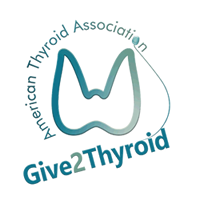BACKGROUND
Congenital hypothyroidism is hypothyroidism that exists at birth either because the thyroid did not develop properly or because the thyroid has problems in one of the needed steps to make thyroid hormones. This occurs in ~1:1700 births. Neonatal hypothyroidism is hypothyroidism occurring in the 1st year of life, with congenital hypothyroidism being the main cause. Failure to treat congenital and neonatal hypothyroidism within the 1st 3 months of life can cause permanent brain damage, causing intellectual disability (a decrease in the ability to learn and practice daily skills). Indeed, congenital hypothyroidism is the major cause of preventable mental retardation worldwide. It is also the reason that all babies born in the United States are tested for congenital hypothyroidism at birth.
People living in low-income households frequently encounter many challenges, including getting adequate nutrition and accessing appropriate health care. Additionally, children in low-income households are more likely to have intellectual disability due to a variety of factors. The goal of this study is to evaluate the link between neonatal hypothyroidism, family income, and intellectual disability.
THE FULL ARTICLE TITLE:
Nam JY et al (2018) The effect of neonatal hypothyroidism and low family income on intellectual disability: a population-based cohort study. PLoS One 13(11):e0205955. PMID: 30403688.




